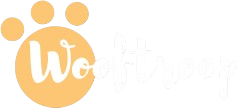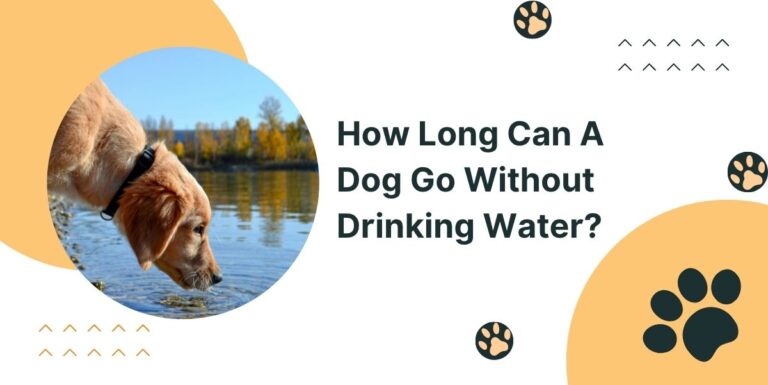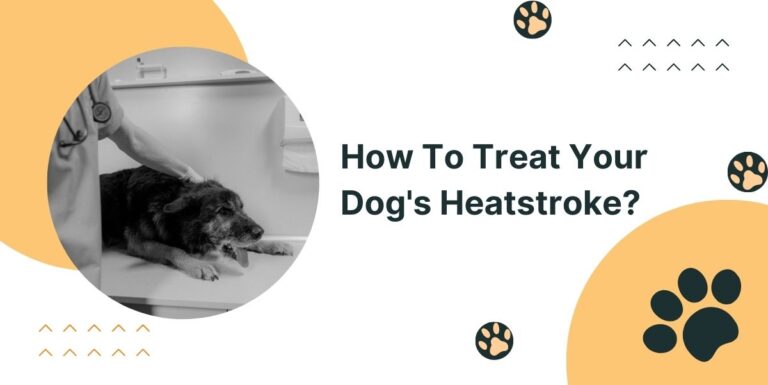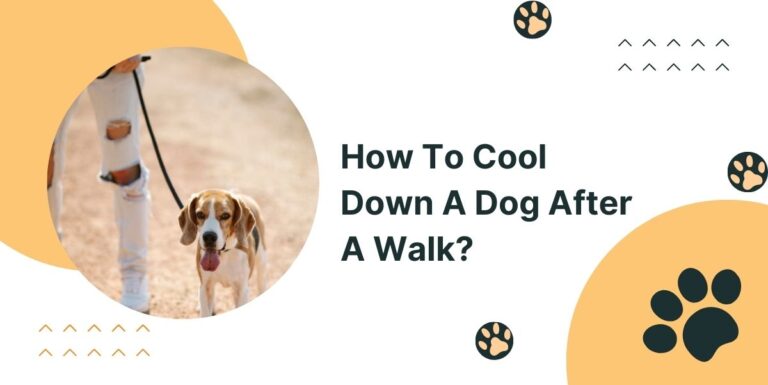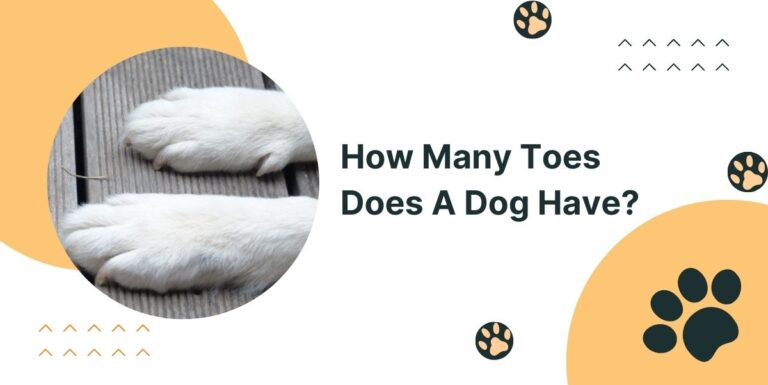If your dog gently nibbles on your pillow like they’re eating corn on the cob, this behavior is called “pillow nibbling” or “corn cobbing.” It’s quite common and generally normal. Dogs do it to feel calm and safe, similar to how children suck their thumbs to relax. The soft, steady nibbling helps them feel less stressed or simply happy.
Some dogs do it because it reminds them of how they were groomed as puppies. When you see your dog looking relaxed and making soft sounds while nibbling, it means they’re just comforting themselves, not trying to be naughty.
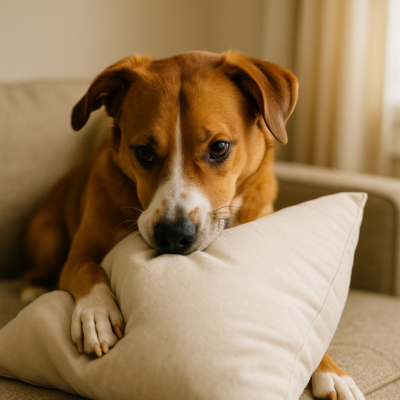
Why do dogs nibble on pillows?
Dogs nibble on pillows for various reasons, including:
- Comfort and Security: Your pillow smells like you and has a soft texture, making nibbling feel soothing and safe. It’s like a calming ritual for them, especially when they are feeling nervous or anxious.
- Puppy Memories: As puppies, dogs nibbled while nursing from their mother. Adult dogs sometimes repeat this gentle nibbling because it reminds them of cozy puppyhood.
- Attention-Seeking: Dogs learn that nibbling on your pillow gets your attention, whether it’s laughter, talking, or gentle reprimands. This encourages them to continue the behavior.
- Boredom or Excess Energy: Without enough playtime or exercise, dogs may nibble on pillows to keep themselves occupied.
- Stress Relief: Nibbling helps reduce anxiety. The pillow’s scent and softness comfort dogs when they feel nervous or alone.
- Teething in Puppies: Young puppies nibble soft objects like pillows to soothe sore gums as their teeth come in.
- Exploration: Dogs use their mouths to explore new textures and smells, including those of pillows.
In short, dogs nibble on pillows because it helps them feel calm, reminds them of being puppies, gets your attention, fights boredom, reduces stress, soothes teething pain, or simply because they are curious about the pillow.
When to worry about your dog’s pillow nibbling
Pillow nibbling is usually harmless, but watch for these signs:
- Obsessive Nibbling: If your dog can’t stop and gets upset when interrupted, it could indicate obsessive behavior needing vet advice.
- Destructive Chewing: Gentle nibbling turning into aggressive chewing that damages pillows or household items may point to behavioral problems.
- Sudden Behavioral Changes: New nibbling habits appearing alongside changes in appetite, sleep, or activity could suggest stress or health issues.
- Signs of Dental Pain: Excessive nibbling paired with drooling, pawing at the mouth, or reluctance to eat hard food may indicate dental problems.
- Extreme Anxiety Symptoms: If nibbling comes with pacing, panting, or destructive acts, your dog may be highly stressed and require professional support.
How to stop your dog from nibbling on pillows
The key to handling pillow nibbling is to remember that it’s not a “bad” behavior that must be stopped completely. Instead, the goal is to guide your dog toward better habits and make sure their needs are met in safe, healthy ways.
Keeping pillows out of your dog’s reach
If your dog tends to nibble on pillows when you’re not around, the simplest solution is to keep the pillows out of their reach. Store them in a wardrobe or closet, or limit your dog’s access to the area by using a crate or keeping them in a safe room when unsupervised. Removing the temptation often helps break the habit over time.
Using deterrent sprays on pillows
Spraying your pillows with dog-safe deterrents like citrus or bitter apple can discourage nibbling. These sprays have an unpleasant taste that dogs naturally avoid. This method helps your dog associate the pillow with a bad experience without causing any harm.
Providing appropriate alternatives to play
Offer your dog designated items they can nibble on, like play pillows, soft plush toys, rope toys, or chew toys. Puzzle toys are great for mental engagement and can redirect their focus from your pillows. Make sure the alternatives are easily accessible and appealing.
Proper exercise and mental stimulation
A well-exercised dog is often more relaxed and less likely to engage in unwanted behaviors like nibbling. Regular walks, play sessions, and activities like fetch or tug-of-war help release excess energy. Combine this with mental stimulation like training games or puzzle feeders to keep their mind active and satisfied.
Tracking behavior patterns
Pay attention to when and why your dog tends to nibble on pillows. Is it when they’re left alone, bored, or right after playtime? Understanding the timing and triggers can help you prevent it by redirecting them or removing access during those moments.
Redirection with positive reinforcement
Instead of scolding your dog, calmly redirect them to an approved toy or item when you catch them nibbling a pillow. Say something like “Let’s find your toy” and reward them with praise or a treat when they use it. This builds a positive association and teaches them what’s acceptable.
Avoiding punishment
Harsh punishment can cause fear or anxiety and may worsen the behavior. It’s important to stay calm and patient. Positive reinforcement and gentle redirection are far more effective in building trust and changing behavior.
Creating a calm environment
Some dogs nibble out of anxiety. Create a peaceful space where your dog feels secure. This could be a cozy corner with their bed, toys, and a familiar blanket. Calming aids like soothing music, pheromone diffusers, or anxiety wraps can also help ease stress.
Addressing root causes like boredom or anxiety
If nibbling continues, it may be a sign of deeper issues like boredom, separation anxiety, or lack of mental stimulation. Increasing daily activity, maintaining a predictable routine, and enriching their environment can help meet their emotional and mental needs—reducing the urge to nibble.
Note: Don’t forget that compulsive nibbling can also take place due to hormonal imbalance, pain, allergies, and even parasites. If you are noticing some changes in your dog’s activity, make sure to approach the veterinary doctor immediately. If you do not approach the doctor, chances are the situation will get complicated and uncontrollable.
Stopping your dog’s pillow nibbling
Do
- Keep pillows out of reach
- Provide chew & puzzle toys
- Use dog-safe deterrent sprays
- Give daily exercise & brain games
- Redirect gently & reward
- Create a calm, cozy space
Don’t
- Yell or punish harshly
- Leave pillows accessible unsupervised
- Ignore behavior patterns
- Forget vet checks for dental pain or anxiety
Training tips to stop your dog from pillow nibbling
- Be patient as breaking habits takes time.
- Everyone in the family should respond consistently.
- Reward your dog when they choose toys over pillows.
- Use calm guidance without overreacting.
Prevention tips for new dog parents
- Provide a variety of chew and puzzle toys early on.
- Set boundaries about what items are off-limits from day one.
- Ensure your dog gets daily physical and mental exercise.
- Reward use of their own bed, toys, and blankets.
- Supervise closely as they explore your home.
- Maintain a consistent daily routine.
These steps help your dog learn what’s okay to nibble and prevent unwanted habits before they start.
When to get help from a professional
Talk to a dog trainer or vet behaviorist if:
- The nibbling is getting worse even after you’ve tried to stop it
- Your dog seems anxious or stressed in other parts of their life
- You’re not sure what to do or what’s right for your dog
- The nibbling is damaging your things or seems like an obsessive habit
An expert can give you advice and a plan that’s just right for your dog’s needs and personality.
Nibbling on pillows is a common behavior of dogs, but it is important to pay attention to other factors. If your dog nibbles on the pillow frequently, chances are he may have some health issues. Try to encourage your dog to engage in some other activities instead of nibbling. This will be helpful for them in maintaining their overall health, and they will learn good manners as well. If they are not paying attention to what you are saying, then chances are they are not interested in listening and are enjoying nibbling.
Common questions ask by dog parents
Is pillow nibbling dangerous for dogs?
Usually, it’s harmless and a normal comforting behavior, but excessive nibbling or destructive chewing may need vet attention.
How can I stop my puppy from chewing pillows?
Offer chew toys, supervise your puppy, and redirect gently to appropriate items while rewarding good behavior.
Why do dogs “corn cob” on pillows?
This gentle nibbling mimics puppy nursing and helps dogs feel calm and secure.
When should I worry about sudden pillow nibbling?
If it coincides with changes in behavior or health signs, consult a vet to rule out stress or dental pain.
